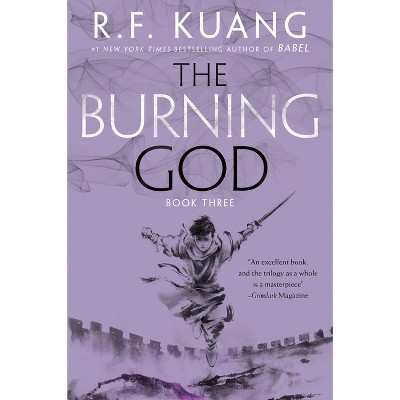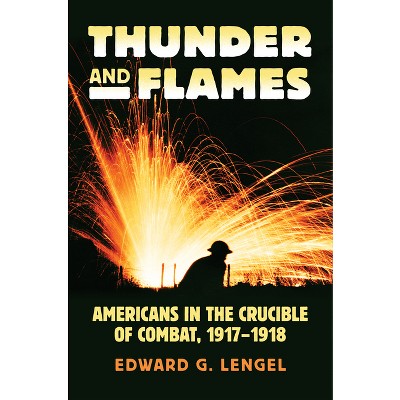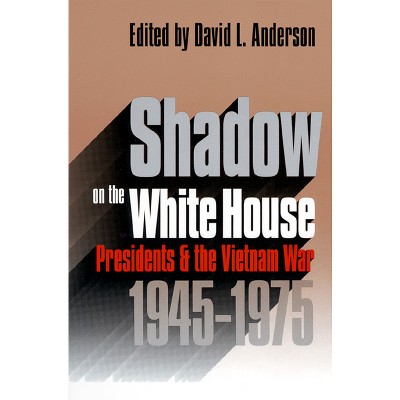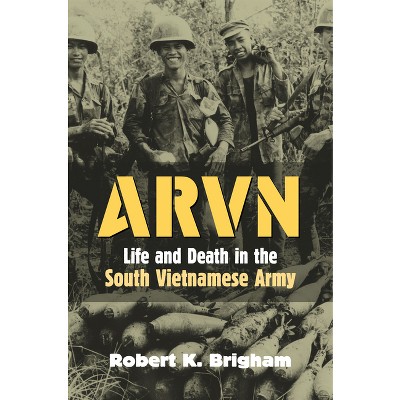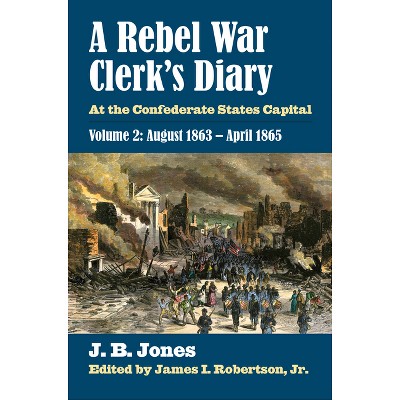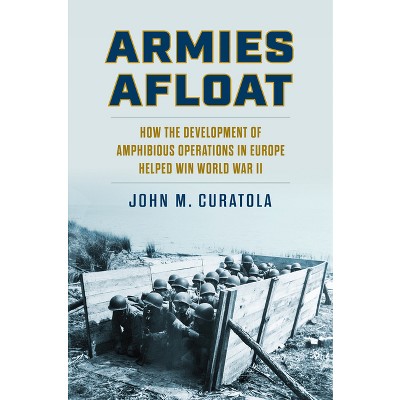Sponsored

The Globe and Anchor Men - (Modern War Studies) by Mark Ryland Folse (Hardcover)
In Stock
Sponsored
About this item
Highlights
- Throughout the World War I era, the United States Marine Corps' efforts to promote their culture of manliness directed attention away from the dangers of war and military life and towards its potential benefits.
- Author(s): Mark Ryland Folse
- 416 Pages
- History, Military
- Series Name: Modern War Studies
Description
About the Book
"By examining how the Marine Corps' culture, public image, and esteem within US society evolved, Mark Folse demonstrates that that the American people measured the Marines' usefulness not only in terms of military readiness - something Heather Venable explored in her 2019 book How the Few Became the Proud - but also according to standards of manliness set by popular culture and by the Marines themselves. The Marines claimed to recruit the finest specimens of American manhood and make them even better: strong, brave, and morally upright. They claimed the Marine would be a man with a wealth of travel and experience behind him. He would be a proud and worthy citizen who had earned respect through his years of service, training, and struggle in the Marine Corps. Becoming a Marine benefited the man, and the new Marine benefited the nation. As men became manlier the country did, too"--Book Synopsis
Throughout the World War I era, the United States Marine Corps' efforts to promote their culture of manliness directed attention away from the dangers of war and military life and towards its potential benefits. As a military institution that valued physical, mental, and moral strength, the Marines created an alluring image for young men seeking a rite of passage into manhood. Within this context, the potential for danger and death only enhanced the appeal.
Mark Ryland Folse's The Globe and Anchor Men offers the first in-depth history of masculinity in the Marine Corps during the World War I era. White manhood and manliness constituted the lens through which the Marines of this period saw themselves, how they wanted the public to see them, and what they believed they contributed to society. Their highly gendered culture helped foster positive public relations, allowing Marines to successfully promote the potential benefits of becoming a Marine over the costs, even in times of war.
By examining how the Marine Corps' culture, public image, and esteem within U.S. society evolved, Folse demonstrates that the American people measured the Marines' usefulness not only in terms of military readiness but also according to standards of manliness set by popular culture and by Marines themselves. The Marines claimed to recruit the finest specimens of American manhood and make them even better: strong, brave, and morally upright. They claimed the Marine would be a man with a wealth of travel and experience behind him. He would be a proud and worthy citizen who had earned respect through his years of service, training, and struggle in the Marine Corps. Becoming a Marine benefited the man, and the new Marine benefited the nation. As men became manlier, the country did, too.
Review Quotes
"The Globe and Anchor Men is an immensely valuable addition to a vibrant field of scholarship placing institutional culture and gender as vital to understanding military history. In intersecting with so many episodes of the marine corps' history, Folse has surely provided many a new starting point for future scholarship. The Globe and Anchor Men should be read by anybody studying or interested in the foundations of the modern marine corps' identity and those studying American gender and society during the early twentieth century."--Journal of Military History
"An important addition to the field and should be assigned in undergraduate and graduate courses in military history, gender, and the Great War."--Journal of Arizona History
"It is impossible to understand the Marine Corps without appreciating how much gender has shaped its institutional culture. By placing gender at the heart of his analysis, Mark Folse's sophisticated work thus greatly advances our understanding of the Marine Corps' history in the twentieth century."--Heather P. Venable, author of How the Few Became the Proud: Crafting the Marine Corps Mystique, 1874-1918
"A fascinating history of how the few became the proud, The Globe and Anchor Men exposes the Marine Corps' efforts to secure legitimacy, funding, and public approval by idolizing Marines as the epitome of physical, mental, and moral manliness. Chivalrous, brave, and strong, the ideal Marine both inspired and excluded, adapted and retrenched, and left a legacy that continues to ripple today."--Kara Dixon Vuic, author of The Girls Next Door: Bringing the Home Front to the Front Lines and Officer, Nurse, Woman: The Army Nurse Corps in the Vietnam War
"Does the Marine Corps make men or does manhood make the Marines? The answer is complex, and it is both, as Mark Folse shows us in his well-researched study of U.S. Marine Corps identity formation in the early twentieth century. Marine Corps identity changed as American ideas about masculinity shifted, and Folse convincingly illustrates that there is not a fixed definition of what it means to be a soldier."--Heather Marie Stur, author of Beyond Combat: Women and Gender in the Vietnam War Era
Shipping details
Return details
Frequently bought together
Trending Non-Fiction





